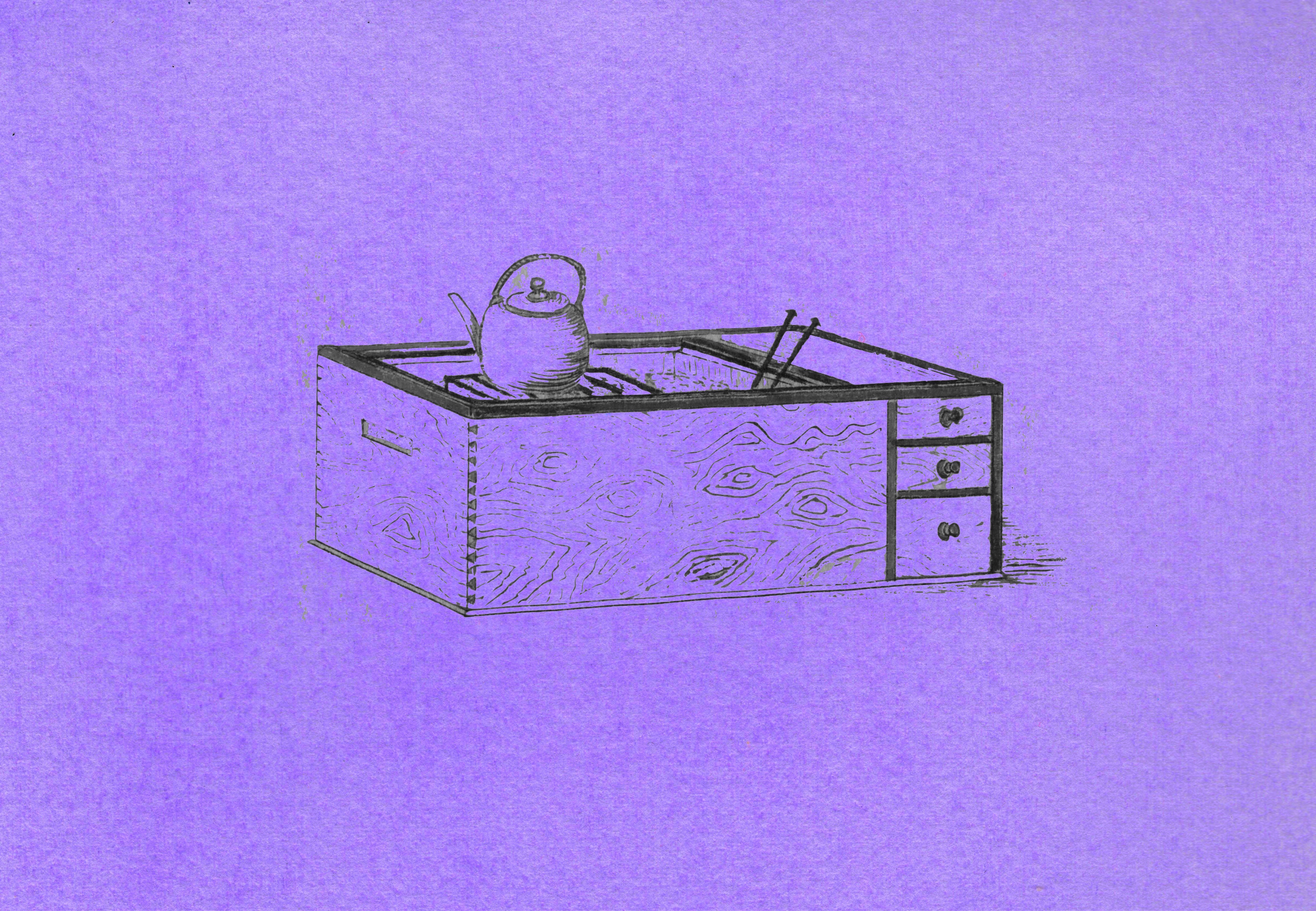About the Work
by Suzana Vuljevic
Marija Dragnić’s We, the marias, is book of conceptual poetry and the second of a trilogy, preceded by Konfabulacije [Confabulations, 2019], and followed by Treća neuništiva stvar [The Third Indestructible Thing, 2022]. The collection is an ode to the multitudes in each of us, and focuses its attention on women seeking liberation from the stultifying modes and models of the past to carve out new pathways for themselves. I was drawn to this work’s experimental quality, subtle playfulness, and implicit feminism. Dragnić is a young poet whose work explores the mechanics of introspection and self-knowing, dedicated as it is to the “huntresses in the snow,” in the arduous search for themselves. The lyrical subject’s many facets are revealed to us in a series of alter egos who seem to function as characters unto themselves. Through the multiplicity of female voices, we are able to slowly piece together a consolidated lyrical, lowercase self, an unobtrusive composite figure.
One of the difficulties of translating this work has been the syntax, especially when combined with the laconic form of the original. Montenegrin is an inflected language, which allows for a lot of freedom in word order, whereas English, by comparison, tends to operate much like a straitjacket (subject-verb-object). Another aspect that proved to be a challenge was the expression “kuku,” which appears in the original in an alliterative line: “Koko, kuku.” Given the interjection’s range of valences, I settled on the one that aligns with the latent fairy tale or children’s story register. “Oh my,” like Dorothy said in the iconic scene of The Wizard of Oz when she was frightened by the prospect of encountering lions, tigers and bears. For the term “trčke,” which is largely used colloquially, I opted for “hurriedly” to amplify the original author’s voice in an instance where the more poetic or “accurate” alternatives—“swiftly,” “briskly,” “quickly”—would have worked and sufficed. But, as becomes apparent in the next poem where voices are anthropomorphized, bundled up to brave the cold, “hurriedly” takes that concept further and seems to round out a rather striking image, of voices ostensibly wearing hats and gloves and moving through the world like people.
/
Marija Dragnić is a poet based in Belgrade. Born in Nikšić, Montenegro in 1990, she holds an M.A. in English from the University of Belgrade. She has published several books of poetry, including Druga obala [Another Shore, 2013]. Her second book, Confabulations (2019), was awarded best work of poetry at the Ratković Poetry Evenings competition in 2018. In 2019, she was awarded the first place prize at the PAF Poetry competition in Montenegro. In 2020, she published We, the marias, and in 2022, The Third Indestructible Thing. Her work has been translated into Albanian, Macedonian, French, Slovenian, and Ukrainian.
Suzana Vuljevic is a historian, writer and literary translator (Albanian and Bosnian, Croatian, Montenegrin, Serbian to English). She holds a Ph.D. in history and comparative literature from Columbia University. Her translations and essays have appeared in AGNI, Asymptote, Exchanges, Modern Poetry in Translation, among other publications, and most recently in Zenithism (1921–1927): A Yugoslav Avant-Garde Anthology (Academic Studies Press, 2022). She is a 2022 ALTA virtual travel fellow.
